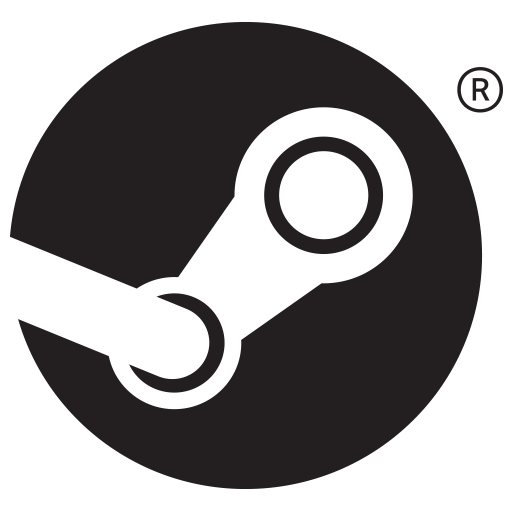Originally posted by Weasel
View Post
https://www.cs.uaf.edu/courses/cs301...notes/syscall/
The windows syscall numbers to access the kernel and other features are stored in kernel32.dll. This is not a pure userspace dll this dll has to be kept absolutely aligned with your Windows kernel or you programs are going to break. Kernel32.dll is your windows syscall interface numbers. So kernel32.dll is a interface to the NT kernel from userspace code that is not in fact need when you have stable syscalls.
Originally posted by Weasel
View Post
Originally posted by Weasel
View Post
You got to mozilla download the tar.gz containing binaries for Linux from here and hang on you have 1 file for all current distributions using glibc and going back at least 5 years.
Now lets look at your next example mono.
Again there is another generic tar.gz file containing binaries that is for all current distributions using glibc and going back at least 5 years.
Originally posted by Weasel
View Post
Wine from winehq is in fact multi packaged but only in fact built once most of the time. Why its done for being simple for users to install all the dependancies. Playonlinux ships custom versions of wine also depend on the fact that wine itself as a binary is basically distribution neutral as long as the required dependencies to run wine are installed that they get around by installing the distributions version of wine. Yes Playonlinux is a second party that builds 1 binary of wine for basically every Linux Distribution so its not like wine the main project is doing anything special.
Distributions decide to apply their own custom patches to wine so they build wine themselves as well this is why before digging into bugs we have users install the version from winehq. Yes there are quite a few parts distributions customise..
Flatpak is a lazy way out but cross distributions packages don't in fact depend on it like the many large examples that do 1 tar.gz binary package for all not end of life glibc distributions those examples include firefox, wine(from playonlinux), mono, blender,xonotic and many more.
Yes most who attempt to pretend a linux stable ABI does not exist for application development on Linux are pretending that cross distribution packaging don't exist. I will give you that Linux cross distribution packages normally end up 20 megs bigger than their windows one but about 30 megs smaller than the OS X one. The price of being protocol based is this little extra bloat but not as much as being on OS X.
Weasel basically your last post successfully hit zero facts correct. So please try to come up with a factual arguement.
Factual arguement might be that it too hard for new developers to find the process to make cross distribution packages. With the number of projects that make cross linux distribution packages you cannot argue that it cannot be done.
By the way most of the reasons why you have to update wine are to-do with video cards so that wine can provide information applications expect on windows that cannot be sourced on Linux. And about once every 10 years a ABI break in a library like freetype that wine does not bundle can be worked around by bundling.




Comment